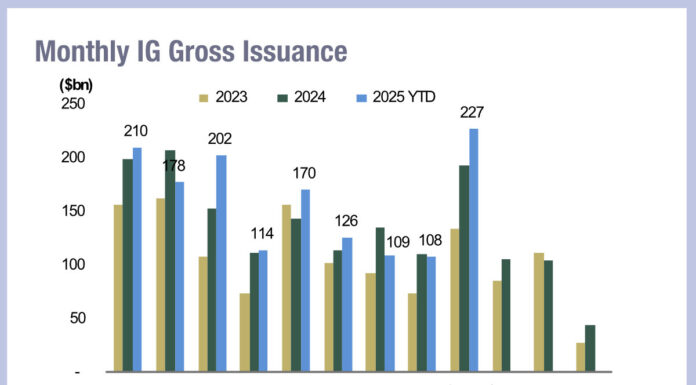Speaking at Regents University on 19 February, Mark Carney, the Governor of the Bank of England, said bitcoin, “has pretty much failed” on providing the traditional aspects needed from money.
After a speech on leadership, Carney took a question from The DESK, on his view of bitcoin’s anti-central bank philosophy.
“At its core, in its initial purpose, going back to the Satoshi manifesto if I can call it that, it is about the loss of faith in centralised institutions for money,” he said.
He continued, noting that the history of money has been a gradual realisation over centuries that centralised control was needed in order to have confidence in money.
“To have discipline in how much is issued, in order to have price stability and in order to have supervision of financial institutions in order to check the money they create will be ‘money good’,” he said.
Bitcoin had failed in that respect he added.
“It is not a store of value because it is all over the map,” he said. “Nobody uses it as a medium of exchange… Even at bitcoin conferences the prices are referenced in sterling or dollars. So it has failed in that regard.”
Bitcoin had been an attack against the existing model, by providing a different form of confidence through engaging in a consensus-based trust model, he asserted.
“It has challenged the use of centralised institutions to instil confidence, and asked if we can provide it with decentralised methods,” said Carney. “My sense is no for money, but yes for many other things via smart contracts and so on, and yes for a number of regulatory disciplines we have, providing trust via decentralised applications. The underlying technology is interesting and the nature of the challenge is interesting.”
©TheDESK 2017
©Markets Media Europe 2025













